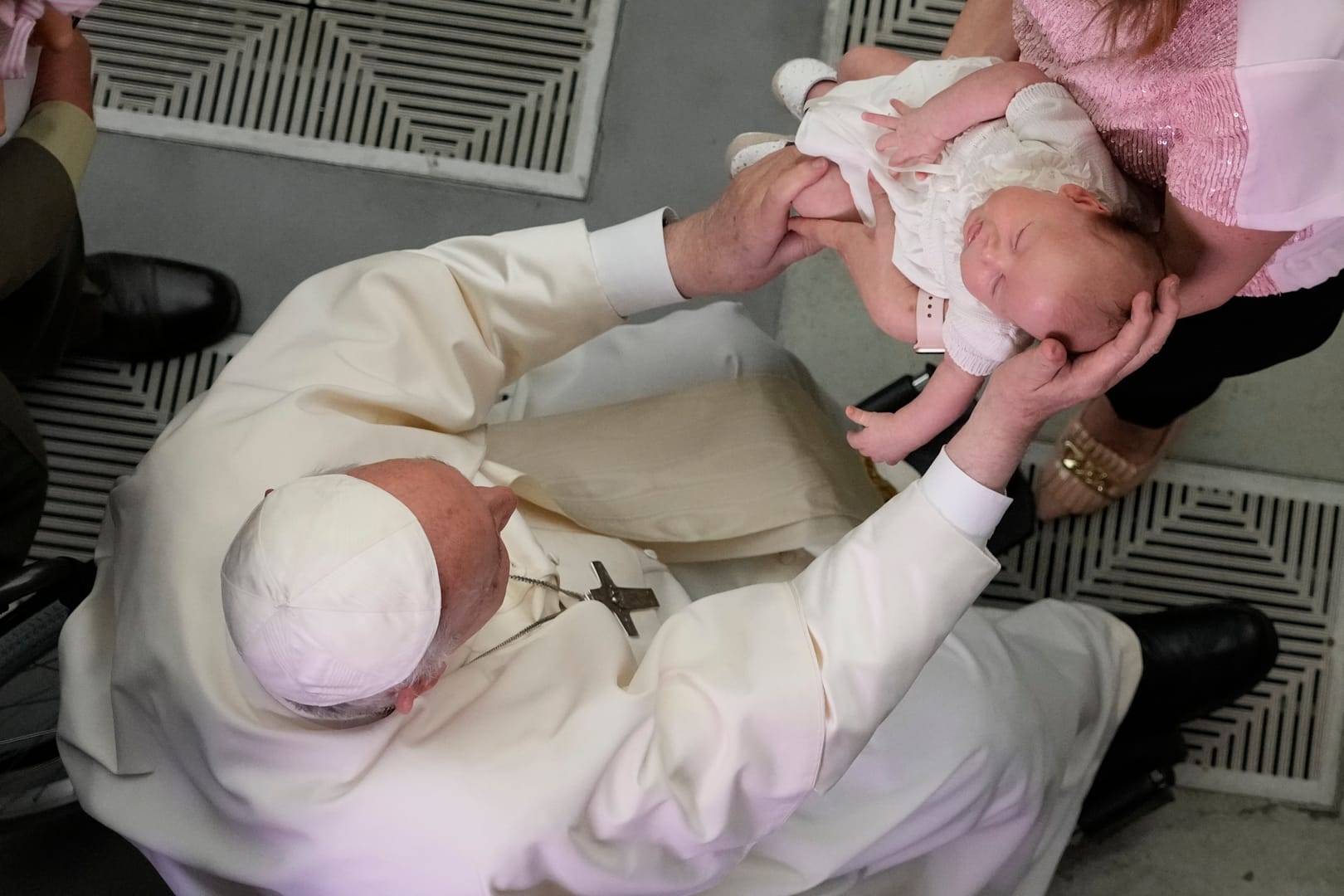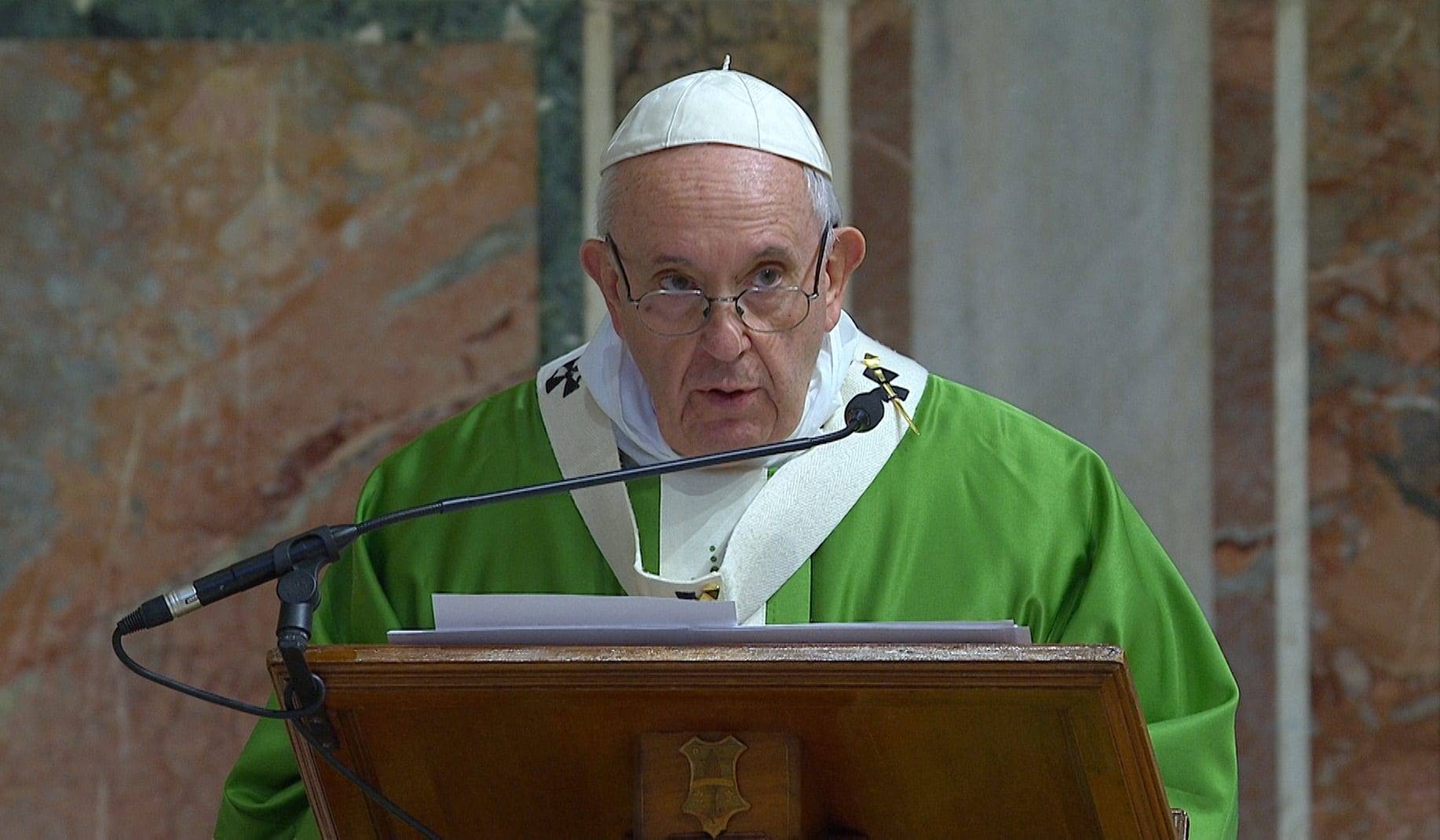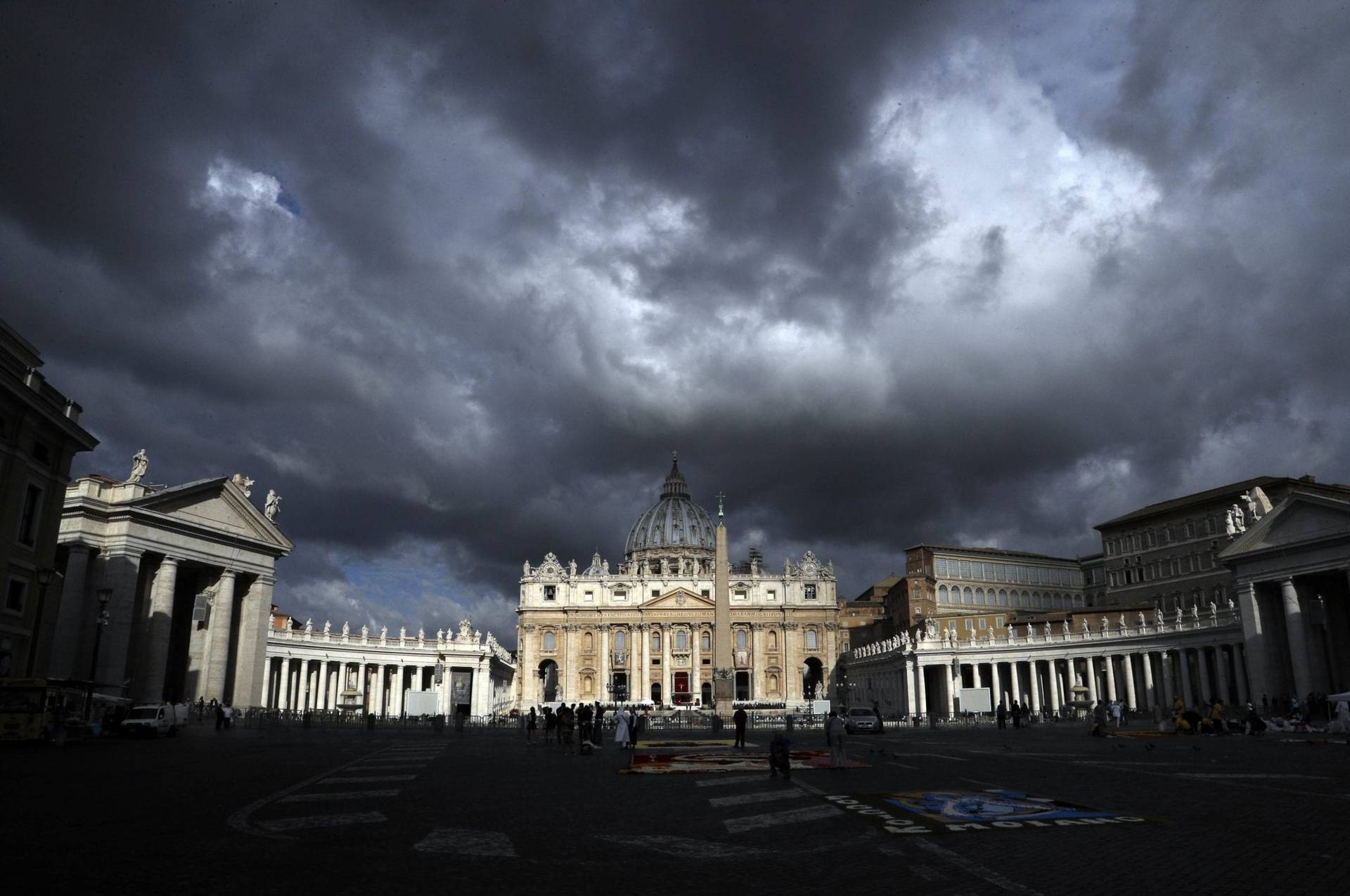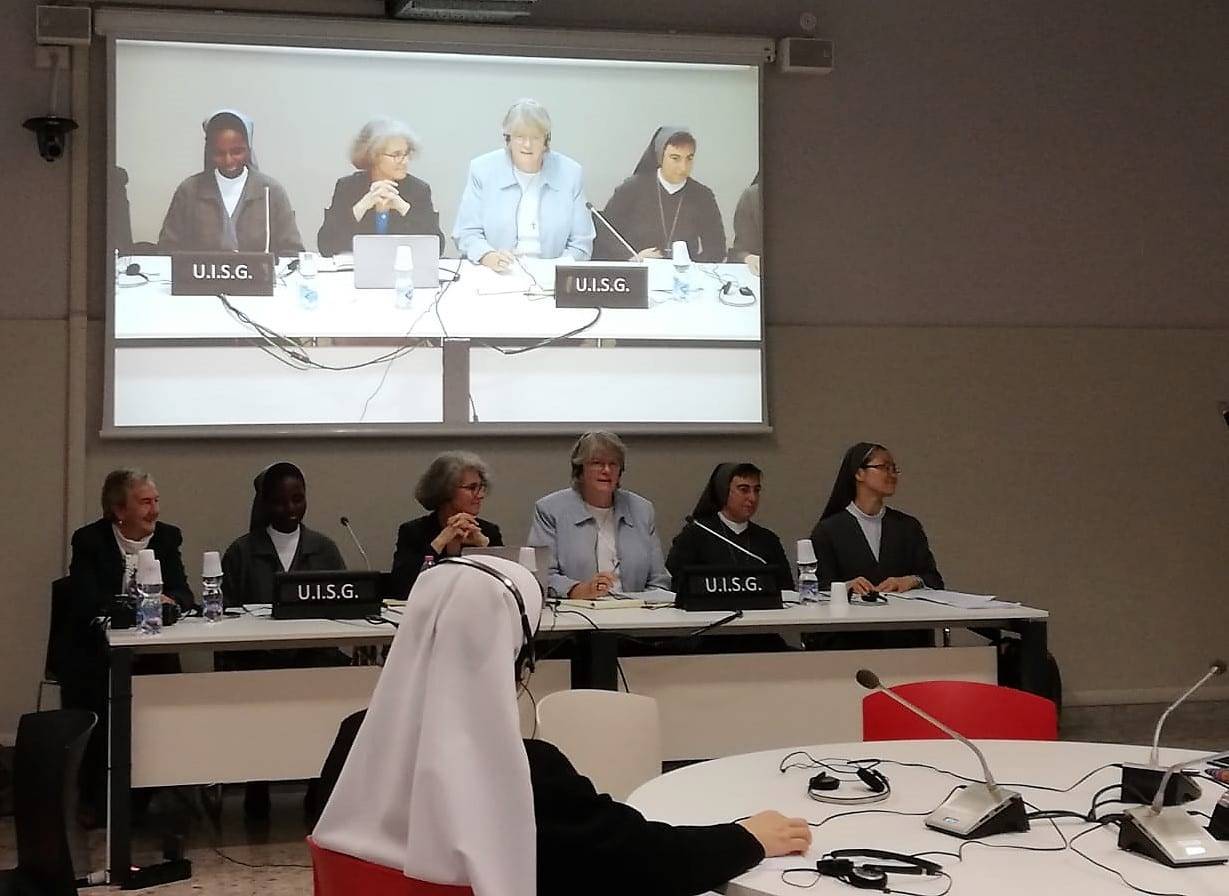ROME – Just as week one of an Oct. 3-28 Synod of Bishops on young people opened with talk about the clerical abuse scandals roiling the Catholic waters, so did week two. Yet arguably the Church’s leading expert on the abuse scandals on Monday seemed to try to tamp down expectations of dramatic action from this gathering.
“The synod is not about sexual abuse of minors,” said Archbishop Charles Scicluna of Malta addressing reporters on Monday. “I don’t expect quick answers here.”
“We’re going to have an important meeting in February, [as] the pope has called the presidents of the bishops’ conferences. I think that’s going to be the best forum [to talk about issues such as the accountability of bishops],” he said.
Scicluna, once the Vatican’s top prosecutor on cases of clerical abuse and who recently carried out an investigation in Chile at Pope Francis’s behest, said the issue is definitely present in the synod, including “in the corridors and at breaks.” He also noted that it’s addressed in paragraph 66 of the working document the prelates are discussing this week.
“This unfortunate experience of young people who hear one thing and see another,” Scicluna said, has led them to “thirst for an authentic Church.”
Scicluna reaffirmed his long-standing support for stronger accountability measures for bishops who fail to respond appropriately to abuse allegations, saying prelates in the synod realize “we are accountable not only to God but to our people,” underlining the concept of “stewardship.”
Pressed to answer what he would say to people who doubt Francis’s resolve on the abuse scandals, he said simply: “Give him time.”
Referring to the upcoming February meeting, Scicluna said he’s not in charge of organizing it, but he expects it to be an opportunity for presidents of bishops’ conferences from different cultures to come together and realize that this is not “a problem linked to any culture or geographic part of the world, as used to be said. That is a myth that has to be dispelled.”
The prelate said bishops need to “empower ourselves and our communities to disclose abuse and address its roots.”
“The pope talks about clericalism as the source,” he said.
Clericalism, Scicluna said, means “looking at ministry as a source of power and not of service. We need to tackle questions of formation of clergy, screening of clergy, cooperation with civil authorities, but also the empowerment of our lay communities.”
Tackling sexual abuse within the Church, Scicluna said, is not only a matter for clerics to resolve, but one that concerns every member of the Church.
Asked what he would tell a young person who’s questioning why they should remain in the Church, the Maltese archbishop said that it’s not about the Church herself, but that “it’s all about Jesus.”
“When you find Jesus, you realize that you want to be with his family, who are sinners, not saints,” he said. Before worrying about telling young people what the Church is about, Scicluna said, the focus should be in the “tender, loving face of Jesus, God’s mercy.”
“What would I say to the young people who’ve suffered the tragedy if abuse?” he asked aloud. “Very little. I’d rather cry with them, as it’s happened. In front of such a tragedy, the only thing to do is cry.”
Afterwards comes the rightful search for truth and justice, which doesn’t “compete with mercy. Mercy is empty if it doesn’t respect truth and justice.”
The slowness of canonical justice, Scicluna said, “is a problem that causes a lot of pain to Pope Francis, I can say this first hand, the pope suffers for the slowness of our justice.” Yet, he added, the Church also has to respect civil justice when it comes to sexual abuse, the crime is both canonical and civil.
He also said that he believes the current abuse crisis will make the Church “humbler,” because “the only way to humility is through humiliation.” How the crisis will be addressed, he said, is something he doesn’t have an “instant recipe” for.
Despite the hardships and the hundreds of cases he’s personally dealt with, including for instance the case of the founder of the Legionaries of Christ, the late Father Marcial Maciel, Scicluna said that there are a lot of holy priests in the Church, who are working every day in the parishes and “teaching young people to live the Church. These are the things that truly matter and that give us hope.”
Also speaking at the press conference on Monday was Auxiliar Bishop Emmanuel Gobilliard of Lyon, France. He told reporters that he’d spoken about the question of clerical sexual abuse during his presentation, noting that it’s better for sin to be revealed and to remain hidden, “because revealing the sin allows for the victim to heal,” and it also pushes the Church to reform its structures.
“We are ashamed of the situation, but we put ourselves in the shoes of young people,” he said. “They say they want a safe house. [They ask us] what will you do for this house to be safe?” The answer, he says, has to be realistic and start at the grassroots, including formation and education.
Gobilliard serves under Cardinal Philippe Barbarin of Lyon, who was appointed to lead the archdiocese in 2002. Though a previous abuse case against him was dismissed by French courts due to the statute of limitations, together with six priests Barbarain today is awaiting trial for allegedly covering up sexual abuses committed by a local priest.
Asked about LGBT Catholics and what he would say to those who feel excluded from the Church because of they are members of this community, Gobilliard said that “each is called to encounter Him and be holy,” and that “who am I to exclude people from that relationship?”
“The model we have to adopt is the motto of unconditionally welcoming everybody,” he said. However, he also said that he’s not in favor of speaking about people “with a certain type of identity.”
“The Lord does not look at our identities,” he argued. “He looks to us as persons. As people to be loved and be saved. We’re all on the same boat. We’re all part of the people God wants to save.”


















